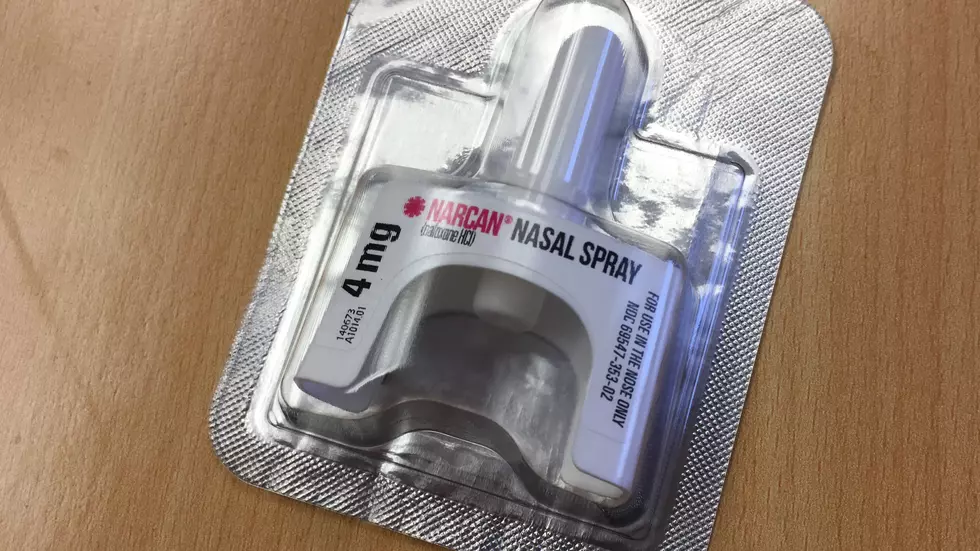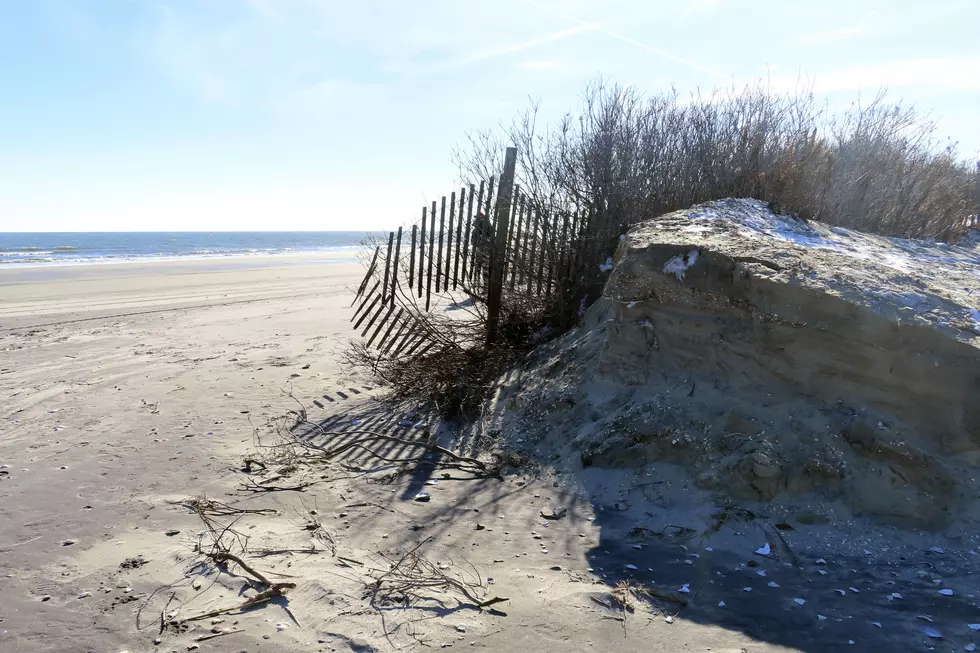
NJ may require opioid antidote spray on college campuses
⚫ Naloxone would have to be on hand on all campuses.
⚫ NJ recorded more than 14,000 antidote administrations in 2022.
⚫ Rutgers University has some concerns with the bill.
With the Garden State tallying more than 200 overdose deaths already in 2023, lawmakers are pushing another effort to protect individuals from the ongoing opioid epidemic.
A proposed law advanced by an Assembly committee in late January would require that colleges and universities have naloxone nasal spray, an opioid antidote, on hand and in easily accessible locations throughout their campuses, in order to be better prepared for overdose emergencies.
"Institutions also would be required to develop a policy concerning the emergency administration of naloxone hydrochloride nasal spray for opioid overdose emergencies occurring on campus," the bill reads.
Under the bill, a licensed campus medical professional could designate certain staff members to administer the antidote to someone experiencing an overdose.
Concerns about the bill
Testifying before the Assembly Higher Education Committee, Dave Weinstein, vice president of state government affairs at Rutgers University, said the institution "likes the bill" but has concerns over some of the language.
Included in the measure is a requirement that higher-ed institutions coordinate transportation for each overdose victim to the hospital, even if the victim has been revived and is doing well.
Weinstein said this mandate could be troublesome, as "nine times out of 10," a victim refuses further care.
"Those at Rutgers who don't return to sound mind after the administration of Narcan are, of course, transported to the hospital," Weinstein said. "Those, however, who are returned to sound mind after the administration of Narcan are given the choice."
Weinstein recommended to the panel that the legislation only mandates the offer of transportation.
The Assembly committee unanimously approved the measure on Jan. 23.
Assemblywoman Mila Jasey, D-Essex, chair of the committee and a sponsor of the bill, said she and others will likely "come up with changes to the language" of the bill before it can be voted on by the full Assembly.
NJ's opioid fight
Through the end of January, New Jersey recorded about 220 drug overdose deaths so far for 2023. Preliminary numbers suggest the state's fatal overdose count last year dropped by more than 200 compared to 2021.
Naloxone administrations by law enforcement and medical first responders topped 14,000 in 2022.
During his State of the State address in January, Gov. Phil Murphy announced an initiative that will permit New Jerseyans, aged 14 and up, to anonymously obtain naloxone for free at participating pharmacies.
In July, the Murphy Administration launched the Naloxone Distribution Program, which allows agencies, such as police departments and certain community organizations, to use a website to easily request the drug at no charge.
Dino Flammia is a reporter for New Jersey 101.5. You can reach him at dino.flammia@townsquaremedia.com
Click here to contact an editor about feedback or a correction for this story.
LOOK: See how much gasoline cost the year you started driving
Most Controversial Celebrity Magazine Covers Ever
More From New Jersey 101.5 FM









